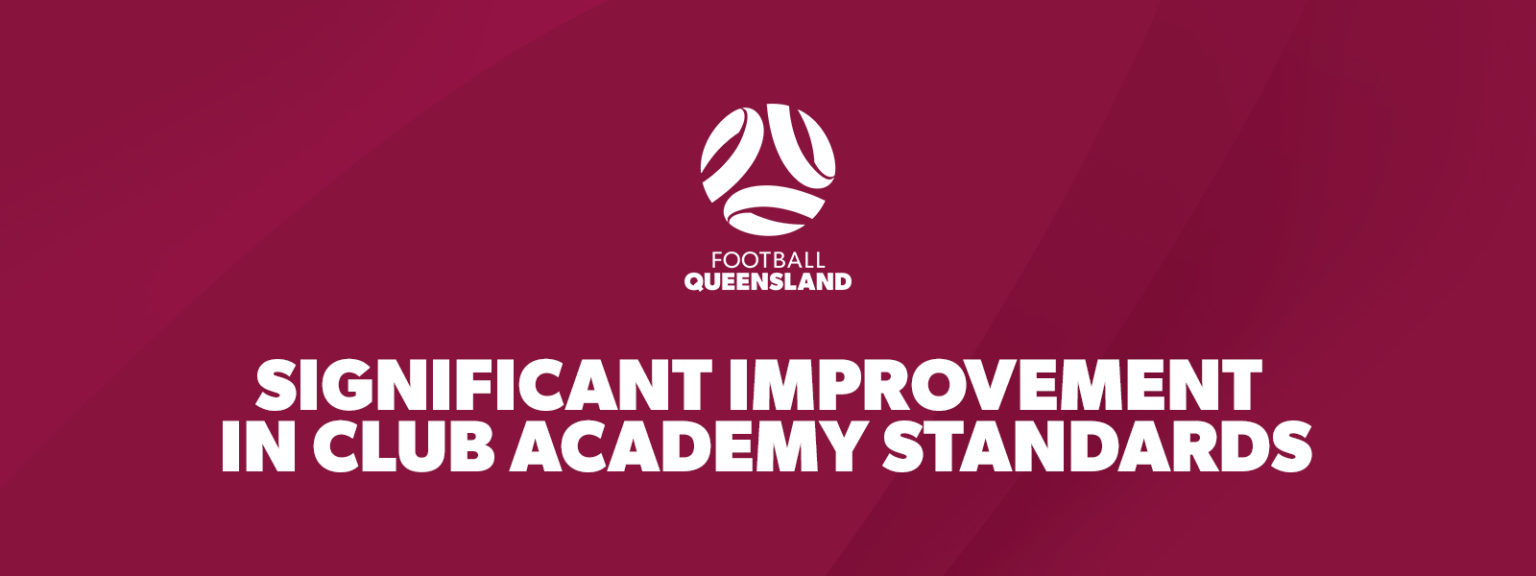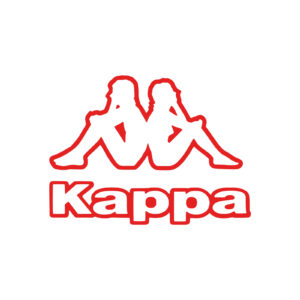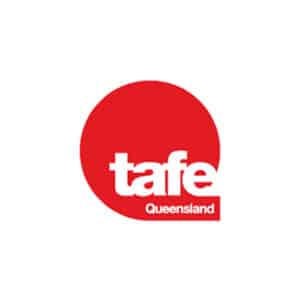Football Queensland (FQ) is pleased to reveal that following the implementation of its 85-point club assessment framework, the recent club assessments made by FQ’s Club Development Unit have seen 50% of advanced Queensland clubs achieve measurably improved youth academy standards when compared to the previous season.
“Rigorous assessments undertaken by FQ’s Club Development Unit over a four-month period in 2020 have confirmed that 11 out of 23 assessed clubs recorded either ‘significant improvement’ (>20%) or ‘solid improvement’ (between 10% and 20%) over their 2019 assessments, while nine maintained a ‘stable’ level,” FQ CEO Robert Cavallucci said.
“The FQ club assessment framework contains 85 assessed areas (listed in full below) designed specifically to provide a consistent ‘best practice’ guide for club technical staff to work towards. We have seen first-hand this year how it has assisted clubs to ‘shift the needle’ in driving their progress in youth development planning, delivery and outcomes.
“The entire framework now better aligns with our 2020-2022 Strategic Plan objectives around youth development, supporting clubs as well as establishing affordability understanding for participants. With each club receiving a 40-page evaluation summary there has never been this level of accountability or transparency.
“I would like to congratulate the five clubs that have currently received a Gold rating: Brisbane City FC, Lions FC, Gold Coast United, Brisbane Strikers and Moreton Bay United.
“Incredibly, three clubs achieved more than a 40% improvement on their previous year’s assessment: Capalaba FC, Peninsula Power and Redlands United. These clubs are to be congratulated for the progress they have made alongside other noteworthy progress made at Sunshine Coast Wanderers and Holland Park Hawks.
“In 2020, club assessments commenced across the youth academies of clubs involved in the National Premier Leagues (NPL) Queensland Junior competitions, with each academy awarded either a Gold, Silver or Bronze rating. For the 2021 season, at the request of clubs, FQ agreed not to detail Silver or Bronze-rated clubs by name and instead award ‘Development Committed’ ratings. The assessment framework will be rolled out to other clubs in 2021.
“The 85-point club assessment scores are combined with several other factors, one of which includes the previous season’s points totals to produce the Club League Rank Plot. The club rank plot data is subsequently used to map and determine how clubs within the NPL Junior Boys structure are classified as NPL Academy or NPL Development for the Competition Phase of the 2021 season.
“The plot data shows how the five Gold-rated academies remained strong and stable deliverers in youth football with little statistical difference between them. There are several Silver-rated clubs who are very close and on the cusp of Gold standard.
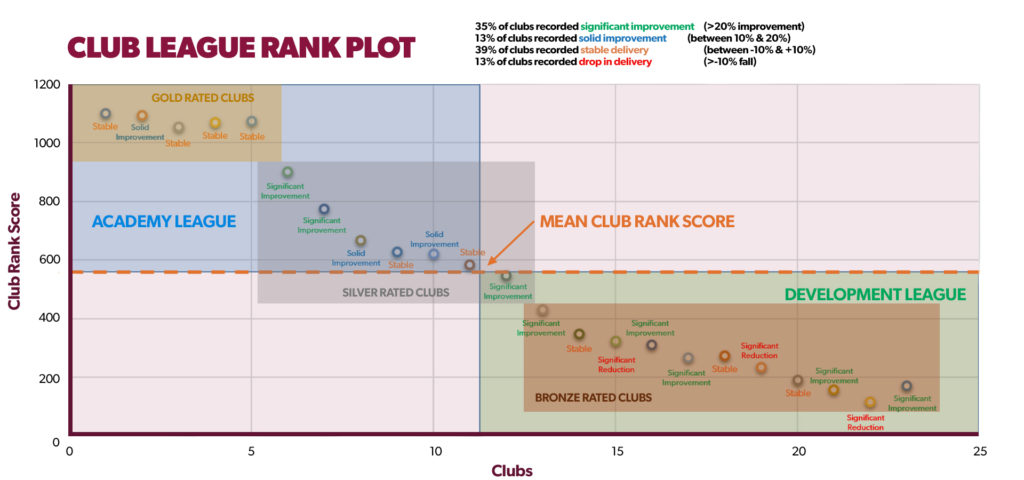
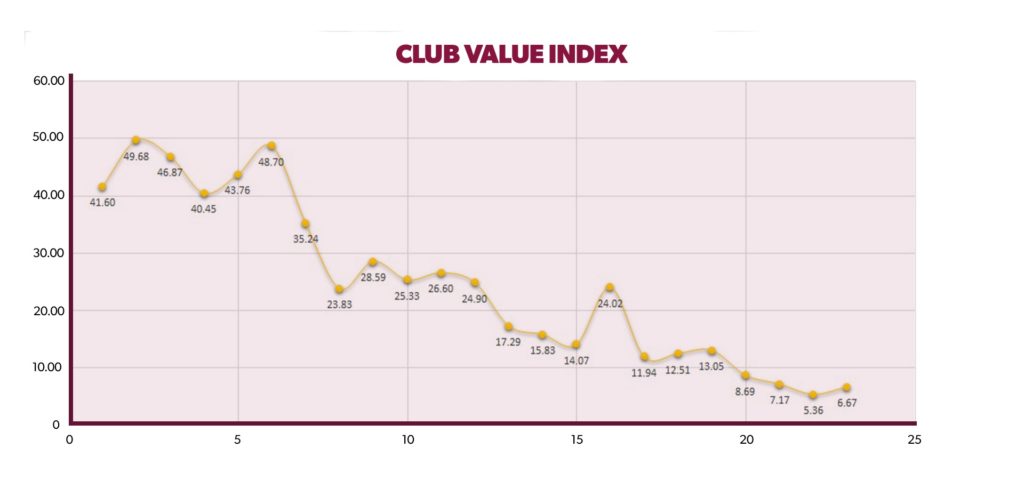
“In an Australian first, the club ranking assessment data is then overlayed with each club’s registration fees to produce FQ’s own Club Value Index providing insights, transparency and accountability into the game’s affordability at the NPL Junior level.
“FQ is able to make a number of determinations, providing informed choices for players and parents around value for money vs technical and development outcomes. In one particular case a Gold-rated club’s registration fees were set at 75% of a Bronze-rated club’s fees, whilst that same Gold club received a club rank score 200% higher than the more expensive Bronze club.”
FQ State Technical Director Gabor Ganczer said: “FQ’s 2020 club assessment is the most detailed youth development evaluation process ever undertaken in Australia.
“It is not a desktop audit that simply considers plans and documentation. Our club ambassadors build relationships with clubs and interrogated each program’s practical delivery, against their actual output in player development.
“We have to understand each club’s strengths and needs in order to assist them and complete our critical technical functions of club development and quality assurance.
“It is pleasing to see that 20 out of the 23 clubs have improved or demonstrated a steady level. It is also important to highlight that Bronze, Silver and Gold academy status are all remarkable achievements.
“Behind the scenes we can see the great work club technicians, administrators and volunteers put in to raise the bar, which is why we want to celebrate success with the quiet achievers who turned the corner and are building their clubs into progressive youth development hubs that play an important role in nurturing the next generation of talented players in Queensland.”
FQ CLUB ASSESSMENT FRAMEWORK
FOCUS AREA: Planning
| Category | Assessment Details |
| Youth Development Plan | Mission, Vision, Philosophy |
| Club Values and Long-Term Athlete Development, Goals | |
| Club Wide Understanding of the Youth Development Plan | |
| Club Based Team Model (Playing Style) | |
| Coaching Methodology Principles | |
| Age-Specific Practical Guide of the Methodology | |
| Training Plan (Cycles, Plans) | Yearly Plan (Season Calendar) |
| Training Schedule and System | |
| Principles of the Periodisation | |
| Training Program Cycles | |
| Individual Plans Guidelines | |
| Off-Season Programs | |
| Talent ID | Talent Development Philosophy |
| Scouting Process | |
| Player Profiles | |
| Talent ID Policy and Protocol | |
| Evaluation and Feedback | |
| Affiliation with Feeder Clubs | |
| Player Services and Support | Player/Parent Induction Process |
| Goal Setting | |
| Individual Development Planning Guidelines | |
| Personal Support (Counselling) | |
| Extra-Curricular Support (Education) | |
| Players/Parents Workshops (Nutrition, Injury Prevention) | |
| Coaches Education and Support | Coach Induction Process |
| Coach Development Plan | |
| Professional Development | |
| Club-Based Workshops | |
| High Performance Services | Game Video Recording |
| Training Video Recording | |
| Video Analysis Platforms | |
| Athlete Management Platform | |
| Strength and Conditioning Program | |
| Sport Science Support | |
| Testing Protocols | |
| Bio-Banding, Maturation, PHV | |
| Technical Staff Qualification | Technical Director |
| Junior Goalkeeper Coach | |
| S&C Coach | |
| Video Analyst Coach | |
| U18 Coach | |
| U18 Assistant Coach | |
| U16 Coach | |
| U16 Assistant Coach | |
| U15 Coach | |
| U15 Assistant Coach | |
| U14 Coach | |
| U14 Assistant Coach | |
| U13 Coach | |
| U13 Assistant Coach | |
| Coaches Years on the Required Level |
FOCUS AREA: Delivery
| Category | Assessment Details |
| Program Monitoring | Attendance |
| Game Time Record | |
| Workload Tracking | |
| Wellbeing Monitoring | |
| Injury/Player Availability Record | |
| Football Program Assessment | Training Plan Recording |
| Evidence of Changing Player Behaviour | |
| Training Delivery Observation | |
| Matchday Performance Observation | |
| TD Interaction Observation | |
| Coach Interaction Observation | |
| Whispering Talent/Late Developer Management | |
| Minimum Medical Standards Observed | |
| Player Reviews and Individual Development | Player Self-Evaluation process |
| Player Reviews | |
| Coach Reviews and Mentoring | Coach Self-Evaluation Process |
| Individual Development Plan (i.e. Team Coach for 2020) | |
| Coach Mentoring | |
| Community Engagement | Holiday Clinics |
| School Clinics |
FOCUS AREA: Outcomes
| Category | Assessment Details |
| Progressing Players | Attendance |
| Game Time Record | |
| Workload Tracking | |
| Player Retention | |
| Coach Retention | |
| Member Experience Survey |
FOCUS AREA: Non-Negotiables
| Category | Assessment Details |
| Fee Transparency | |
| Junior Fees Compartmentalised | |
| Scholarship Positions | |
| Blue Card for All Coaches/Admin | |
| Coaches FFA Registered | |
| NCDP Participation/Level | |
| Fielding Teams and Squad Numbers | |
| Minimum Technical Director Qualification |

